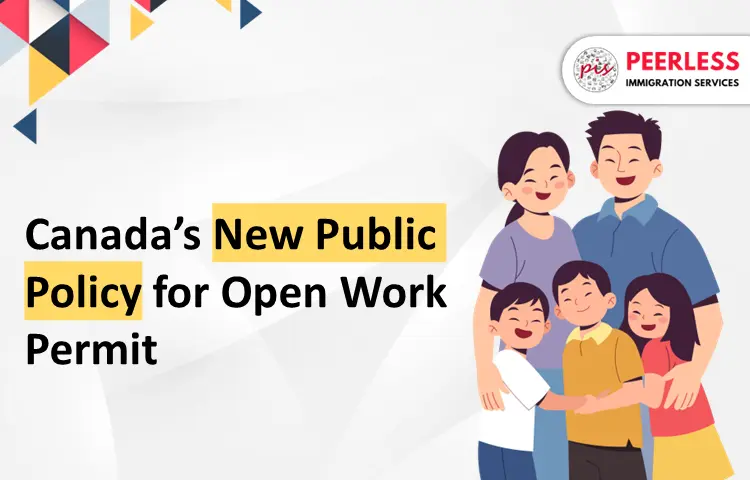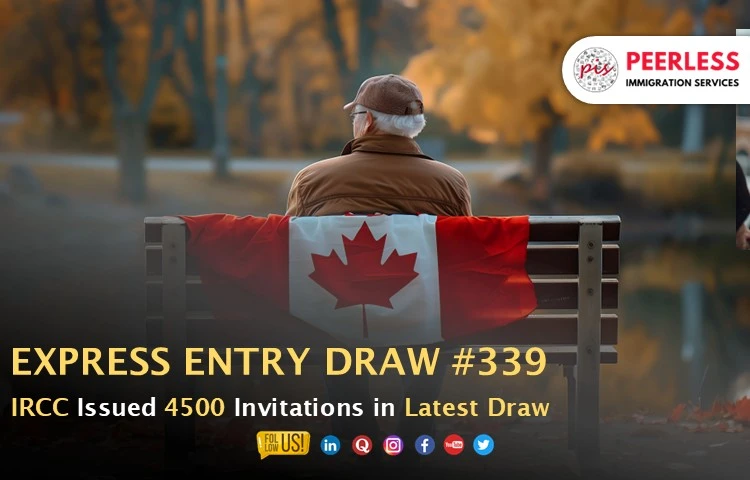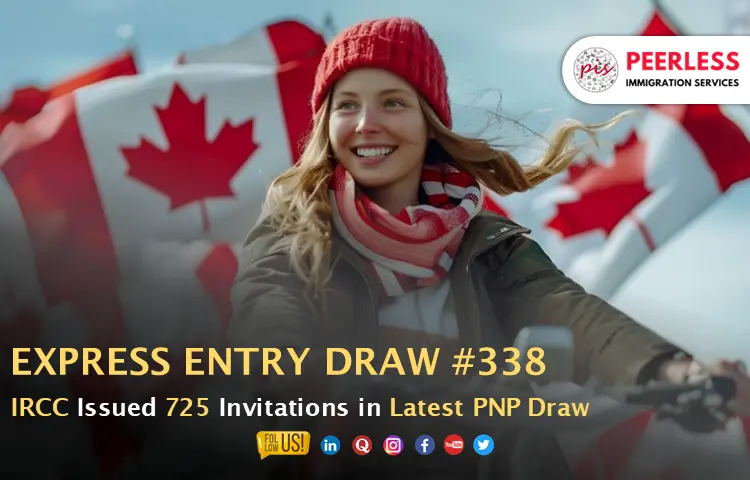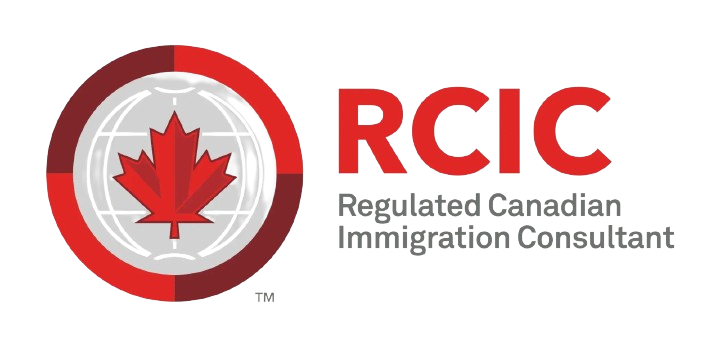
New Canada Immigration Public Policy for Open Work Permit
Considering the importance of immigrants in Canada and giving priority to family reunification, Canada announces a temporary public policy. As per the policy, the Family Class, or Spouse or Common-Law Partner in Canada, exempts some candidates from work permit requirements.
While their applications for permanent residency are being processed, some sponsored spouses, partners, and their dependent children may enter Canada as temporary residents and live with their sponsor.
A temporary public policy went into effect on May 10, 2023, to make it easier to issue an open work permit to foreign nationals who are in Canada and have submitted a complete application for permanent residency under the Spouse or Common-Law Partner in Canada class (SCLPC) or in the Family Class as a spouse, common-law partner, or conjugal partner.
The previous pilot program, which permitted the issuing of open work permits to applicants in the spouse or common-law partner in Canada class prior to first-stage clearance and was in force from December 22, 2014, through May 9, 2023, has come to an end.
On May 10, 2023, the IRCC has begun processing any pending applications that were received but hadn’t been approved.
Who has been given the exemption?
- Open work visa pilot program (first work permit and extensions) for those seeking permanent residence under the spouse or common-law partner in the Canada category.
- On the IRCC website, the customer is given instructions on how to submit an online application in accordance with the new public policy.
- Applicants for the two career pilot programs (C90 (NOC: 44100 – Child Care, and NOC: 44100 – Home Support) and C91 (Spouses or common-law partners and dependants of category A applicants of C90)) are Canadian citizens and have dependent family members.
- On the IRCC website, candidates can find instructions on how to submit an online application.
Considerations of Public Policy
- This federal policy enables sponsored partners to support their families and create a life together in Canada. For Canadian citizens and permanent residents, the labor of sponsored spouses, partners, and their families generates social and economic benefits.
- This public policy makes it easier for foreign nationals applying under the Spouse or Common-Law Partner in Canada Class or the Family Class—as well as their family members—to receive an open work permit if they have a valid temporary resident status, have maintained it, are qualified for and have applied to have it restored and have the same residential address as their Canadian sponsor.
- As a result, it was established that, in accordance with the immigration minister’s authority granted by section 25.2 of the Immigration and Refugee Protection Act (the Act), there are public policy reasons to support the granting of an exemption from the Regulations’ requirements to foreign nationals who satisfy the conditions (eligibility requirements) outlined below.
Conditions (requirements for eligibility)
Delegated officials may give foreign nationals who fulfill either of the following requirements of 1 or 2 an exception from the regulations’ provisions based on public policy considerations.
The foreign national:
- Has submitted a permanent residence application for permanent residence under the Spouse or Common-Law Partner in Canada Class or as a spouse, common-law partner, or conjugal partner under the Family Class that Immigration, Refugees and Citizenship Canada has accepted for processing after meeting the requirements of a complete application under section 10 of the Regulations and the “Ministerial Instructions with respect to the processing of applications for permanent residence”
- Has submitted a work permit application under section 200 or 201 of the Regulations, with the requested work permit’s duration being no longer than two years;
- Is the subject of a sponsorship application made by their spouse, common-law partner, or conjugal partner who is a Canadian citizen or permanent resident.
- At the time of application, has the same address as their Canadian sponsor; and
- is qualified for and has submitted an application for restoration of status and holds a current temporary resident status in Canada.
OR
The foreign national:
- Is a dependent child and has been included as an accompanying family member in the application for permanent residence referred to in condition (eligibility requirement) 1. (Refer to the above eligibility requirement) (i), of a principal applicant who has been found to meet conditions 1. (I), 1. (III), 1. (IV) and 1. (V);
- Has the same residence in Canada as the principal applicant and their sponsor at the time of application;
- Has a valid temporary resident status in Canada or is qualified for and has applied for restoration of status;
- Has submitted a work permit application under section 200 or 201 of the Regulations, where the duration of the work permit requested is for a maximum of two years.















